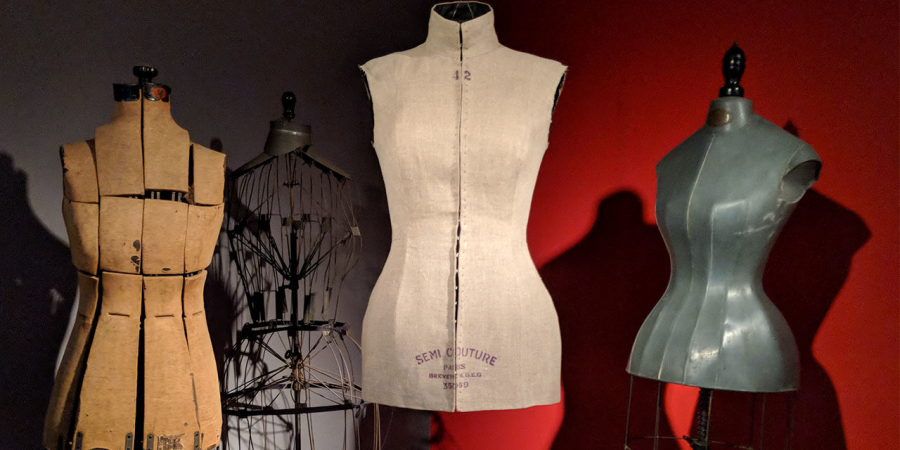Body Image in the 21st Century
September 17, 2021
Young adults have the highest percentages of eating disorders out of any age group. Many at this age struggle with comparing themselves to others on any social media platform accessible. Although this generation claims to be all about body positivity, teens seem to be given unrealistic expectations of what society thinks they should look like. Causes of a negative body image are social media, trends, school, calorie counting and eating habits.
In Bella Fleps’ Social Media Effects on Body Image and Eating Disorders she says, “social media can then hurt your body image by constantly exposing yourself to the ideal body type, leading to constant comparison of yourself to unrealistic standards. Additionally, photoshop and filters are readily available to users playing into the unrealistic body image.” In other words, the images we see on social media are the “perfect versions” of people. Most social media users hide behind a little photoshopping and some filters that are used to make their bodies and faces appear “more attractive” in the eyes of society. Some popular photoshop and editing apps include Lightroom, Photoshop Express, Facetune, Tezza, etc. In How Much Should You Photoshop Models by Bellus Academy, it is said that “Looking at models before and after photoshop, it’s not uncommon to see pretty dramatic changes to the image coloring, to the model themselves, and to the background. It can even allow people to combine many images together into one!” This statement proves that even those that are considered the most attractive are editing to fit the standards of the world around us. This gives the audience, you, a false sense of what you should look like.
A student from Darlington would agree that social media plays a huge part in the way we see ourselves. “Yes, social media gives people, young and old, a false sense of normal. For example: body image, health, happiness, etc. When people see influencers post their staged lives, it causes insecurities in people that makes them feel like their worth is less or their life could be better,” she says. For instance, you might post on Instagram and Tik Tok, and stalk the number of likes you get over a certain amount of time. You may notice that this post is getting fewer likes than normal (or in general), causing you to overthink and wonder why. Whether it is a post about your outfit, something funny or a picture you feel confident in, this can cause you to compare your post that may be like a more popular creator who has a few more likes than you. This causes a domino effect of feelings that overwhelm you. You might end up trying to make your posts be more like the popular creators’ instead of staying true to yourself. When it comes to Tik Tok, a lot of the time everyone is trying to get on the for you page, or Tik Tok famous. To get on the for you page, you must post relatable content, along with shorter videos that do not lose an audience’s attention. If you do not get a bunch of likes after you post something, you might start to doubt your ability to connect with people across a social media platform.
One of the biggest causes of unhealthy body image are trends. These trends could stem from social media, movies, TV shows or even something that started at your school. The “that girl” trend is exceedingly popular across all social media platforms. This trend can be described as a person, or girl, that seems to have their life together. This can be used as content for a Tik Tok or YouTube video. To Cartersville High School student, Catie Bell, the “that girl” trend is “…a nice idea with a hard execution, you see people doing so much and being so productive… People need to set their own goals and what they would like to do so they will feel accomplished.” Setting goals and meeting your own standards instead of trying to live like someone else can help increase confidence in yourself. Nick Kennedy would also agree with this by saying, “It creates a false narrative that you have to do things like this to achieve happiness.”
All things considered, there are many ways to enrich confidence in yourself. In the article Top 10 Tips for Body Confidence, it is said that changing your focus can help improve your confidence. Rather than seeing how an activity or exercise makes you look, focus more on how it makes you feel. Find something you enjoy doing so it does not feel so much like a chore. Namely, have a more positive outlook on everything around you. If you find that you have a challenging time staying positive, surround yourself with people who are optimistic and encouraging! Additionally, taking a break from social media can have an immense impact on your sense of self. Instead of scrolling on Instagram and Tik Tok, take a walk, listen to music, or go out and socialize. Break free of the chains of society and do what makes you the happiest!




Molly Moore • Sep 20, 2021 at 2:09 pm
Loved the way you embodied this piece! Glad that you spoke out about this issue 😀